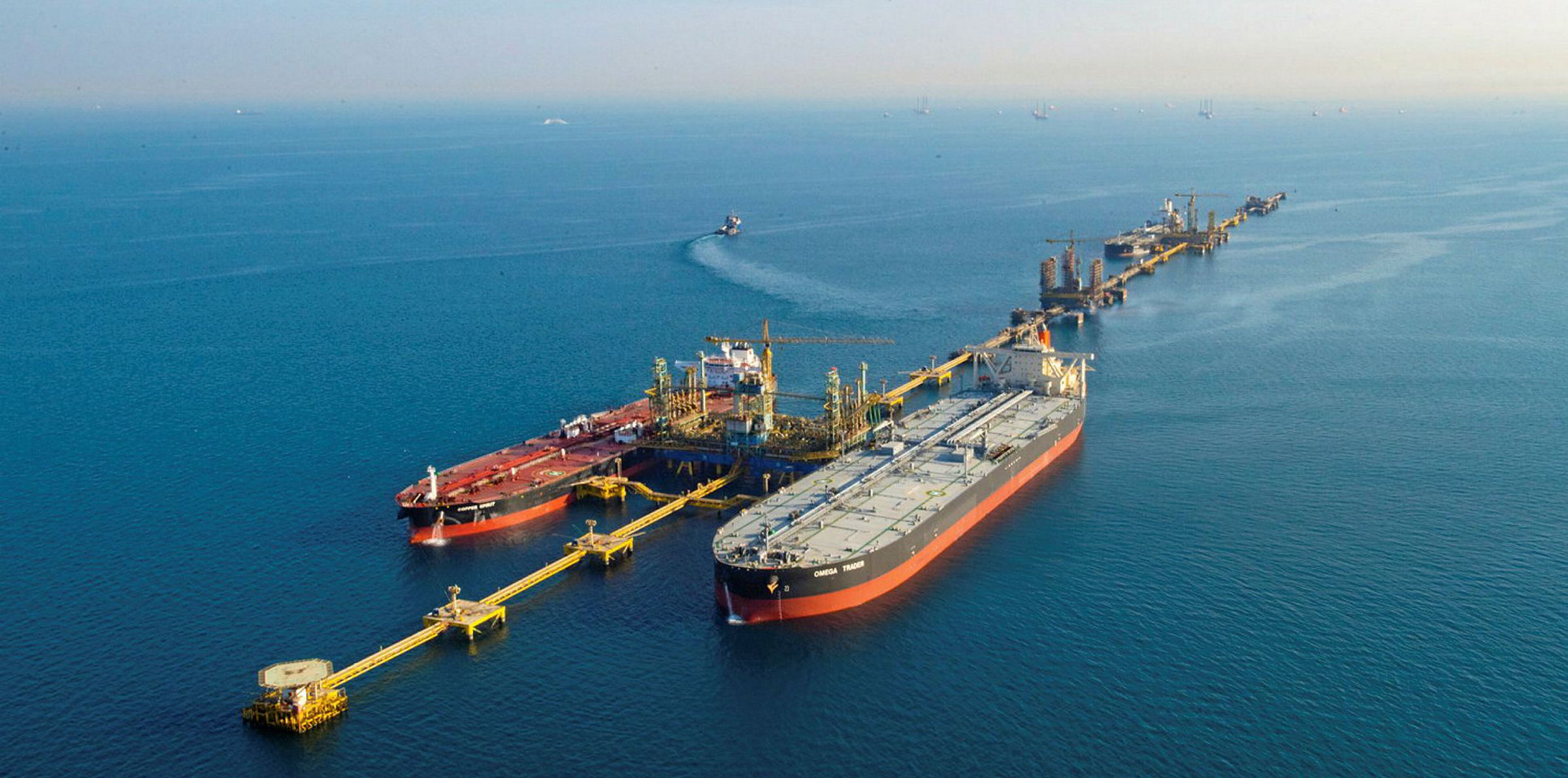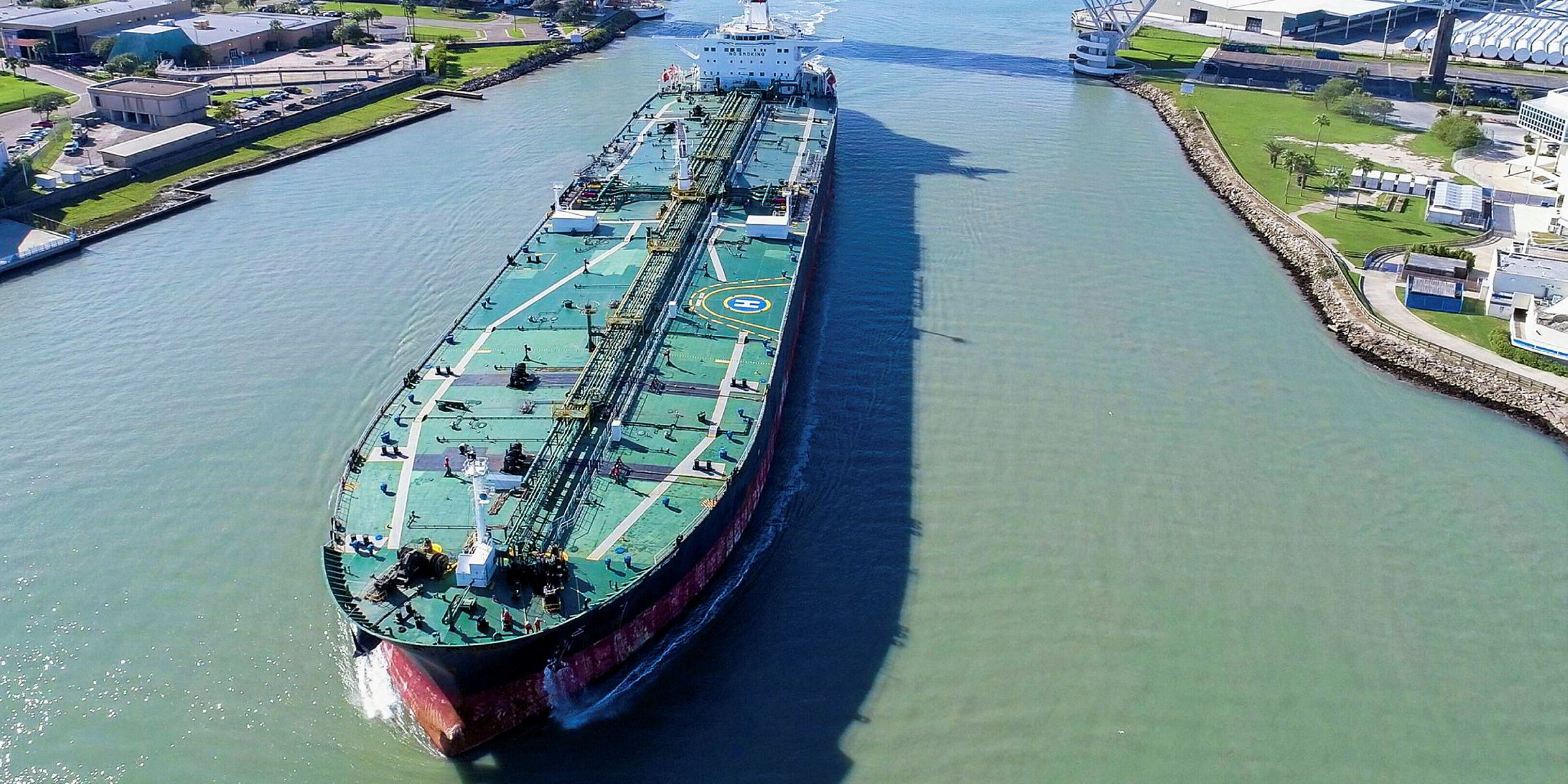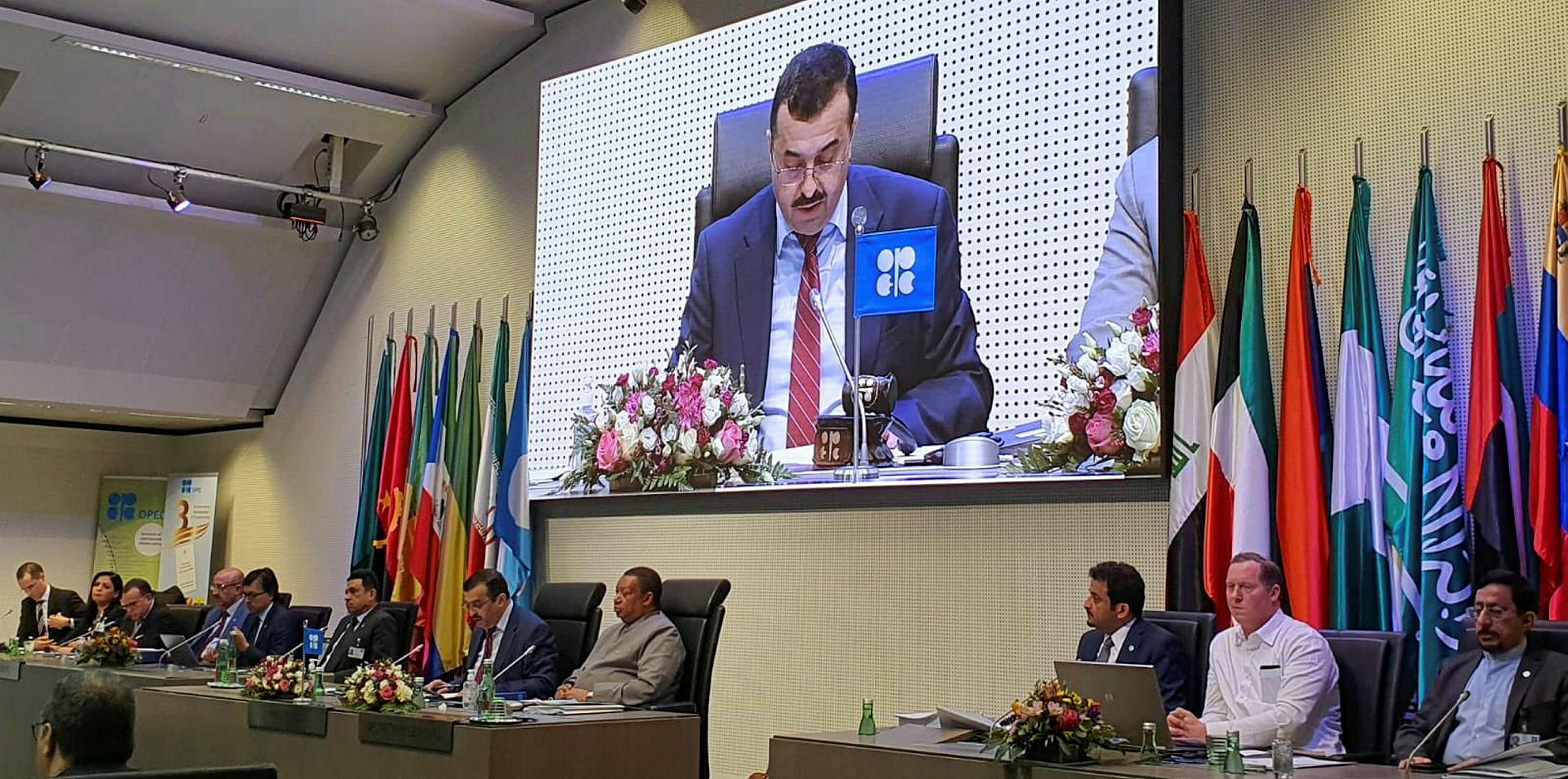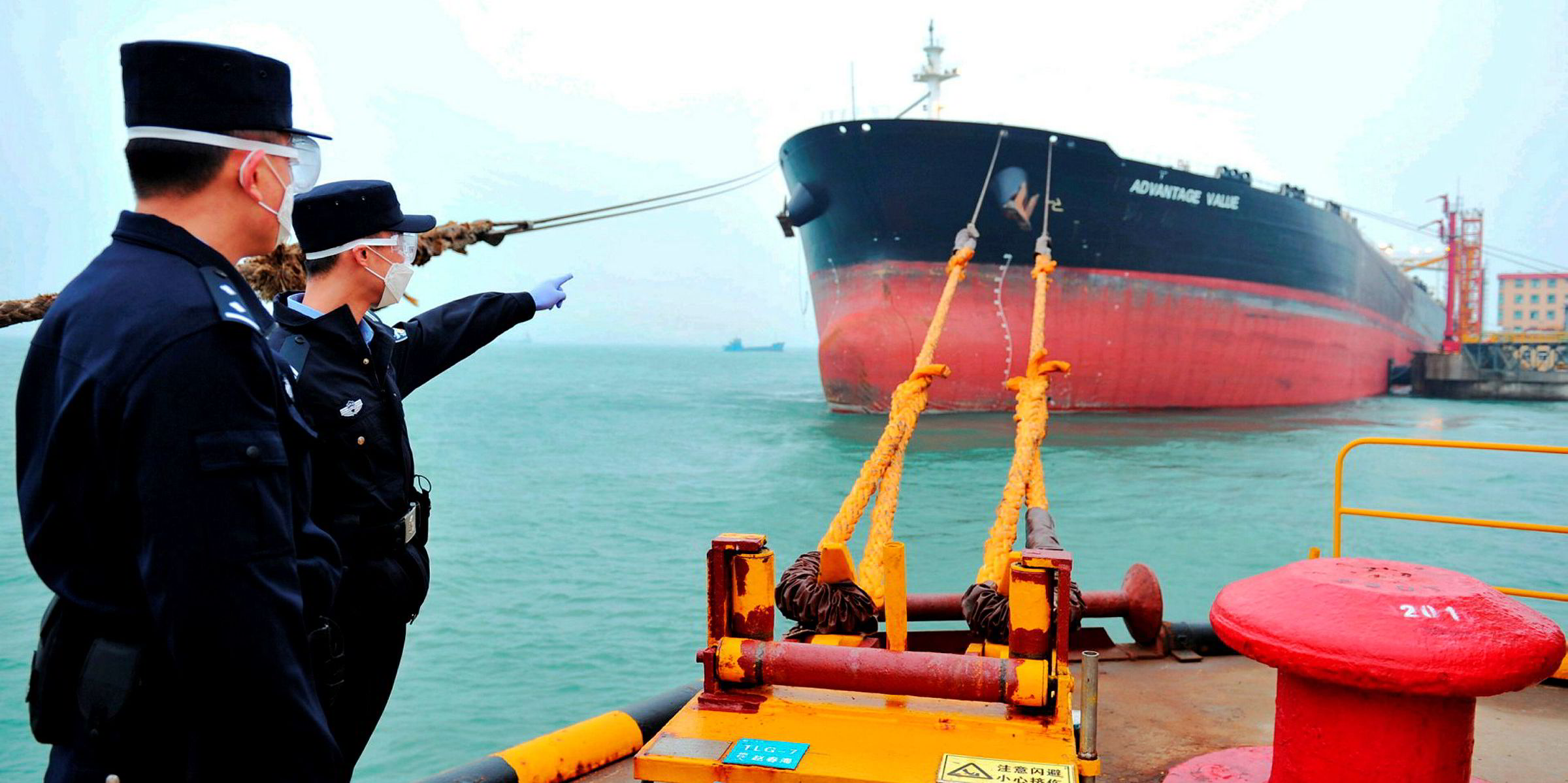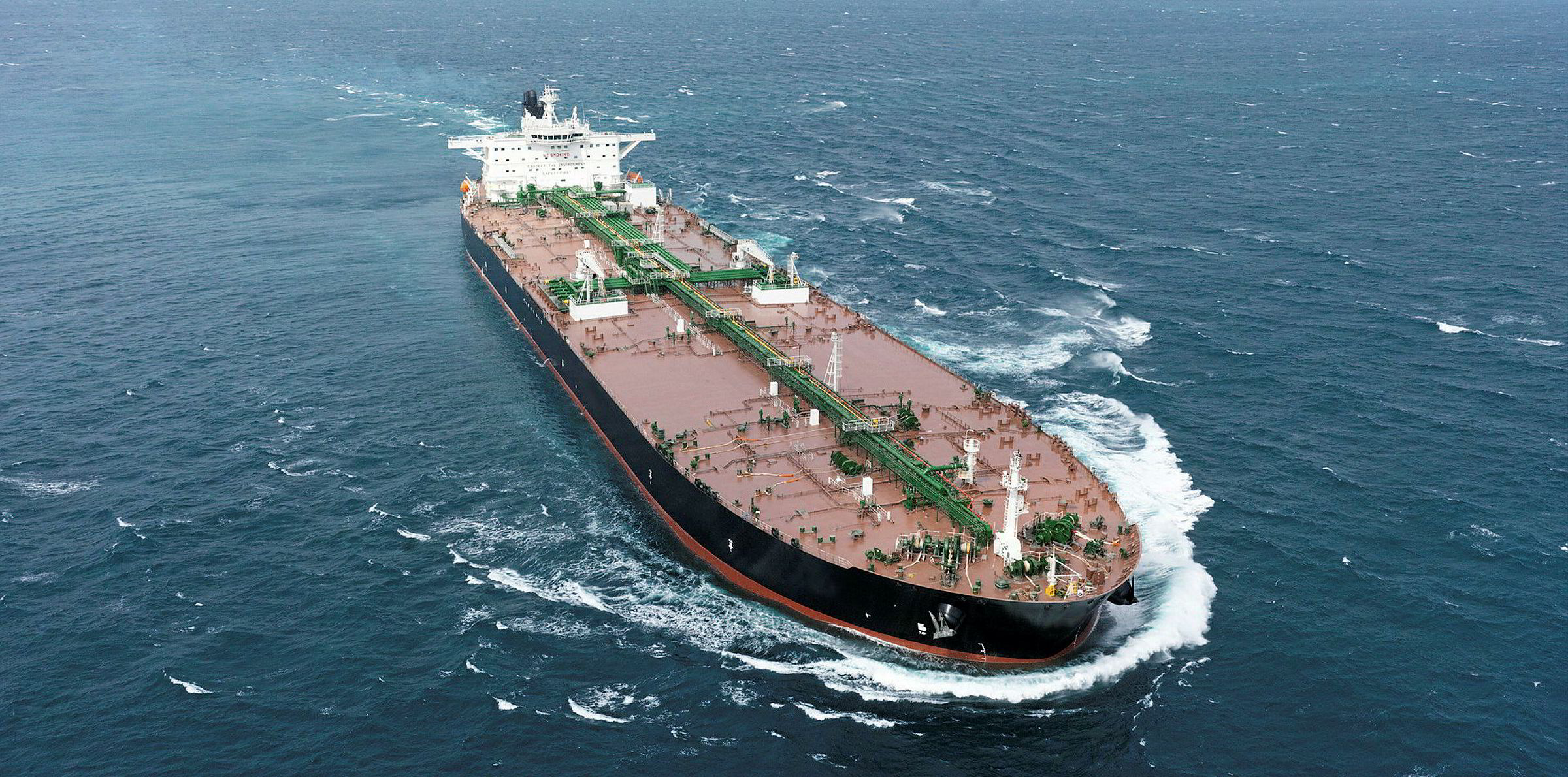Opec and its Russia-led allies have confirmed that their crude production will increase from next month, offering no surprise to a muted tanker market.
During a technical meeting on Wednesday, Opec+ delegates agreed to raise their output by 2m barrels per day (bpd) based on a previous supply deal amid a gradual recovery in oil demand.
The widely expected decision is seen as positive for tanker markets, but charter activity has remained slow as many producers are only expected to finalise their August loading programmes later this week.
“This week kicked off with a handful of fresh inquiries, but it did little to alleviate the softer bias in this typically quieter period between monthly programs,” Norwegian shipbroker Fearnleys said in a note.
“The tonnage situation is still relatively balanced, with ongoing delays in China, and some optimism that the taps may be opened up a little more come August.
“On the flip side there is increased worry about demand due to the potential resurgence of Covid-19 cases, as has been evident in some US states.”
The Baltic Exchange’s readings of physical freight rates and forward freight agreements moved sideways on Wednesday, as market participants gauged the fine details of the Opec+ agreement.
Earlier overproduction
Spot VLCC earnings on the Middle East Gulf to China route were assessed at $28,970 per day, down $795 from Tuesday. Average suezmax earnings fell by $919 to $7,592 per day, while aframax earnings increased by $279 to $4,332 per day.
While nominal output of Opec+ between August and December will be 2m bpd higher than the July level, the producers have agreed that some countries, including Iraq and Nigeria, will need to compensate for their earlier overproduction.
Platts reported that 13 countries pumped above their quotas in May and June by a combined 840,000 bpd. If they keep their promises by cutting their output by the same amount, nearly half of Opec+'s scheduled production hike would be offset.
Major producers have also claimed their crude exports will not increase significantly, due to rising domestic demand.
“There will be an increase in demand for utilities, as well as changes in travel patterns, boosting domestic demand for gasoline and diesel,” Opec+ said.
On the product side, spot earnings of LR1 and LR2 tankers are still close to multi-year low levels amid limited trading.
But the Atlantic MR basket rate was assessed at $18,052 per day on Wednesday, the highest since early June.
According to brokers, the strength was driven by buoyant trade in the US Gulf, where spot earnings have been rising recently on tightening supply.
“The US Gulf list gets cleaned out a bit, but now more ships are ballasting from the US Atlantic coast,” one of them said.
“The 4th July holiday in the US may have had an impact as well. It was quiet going into the [holiday] weekend. People waited until last week to fix pretty close to their dates.”
